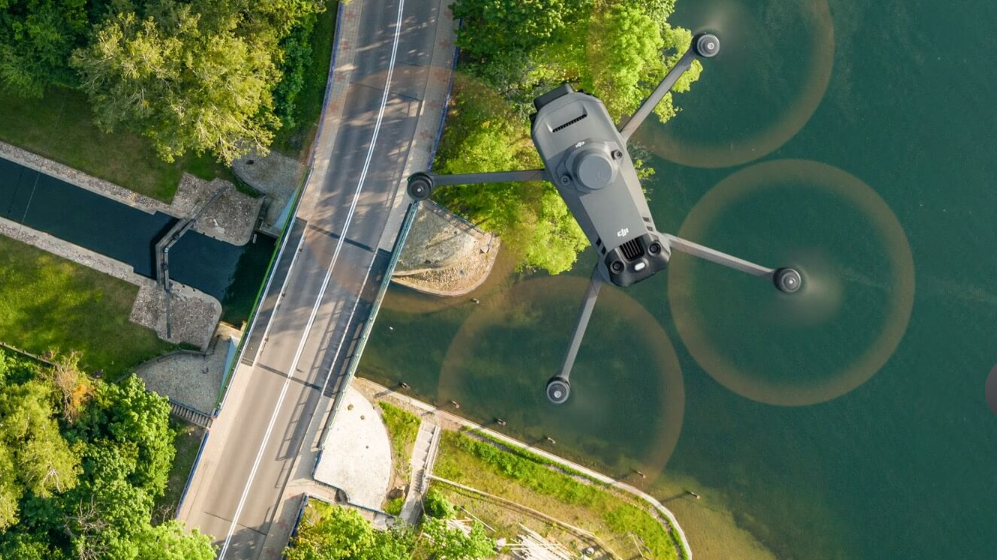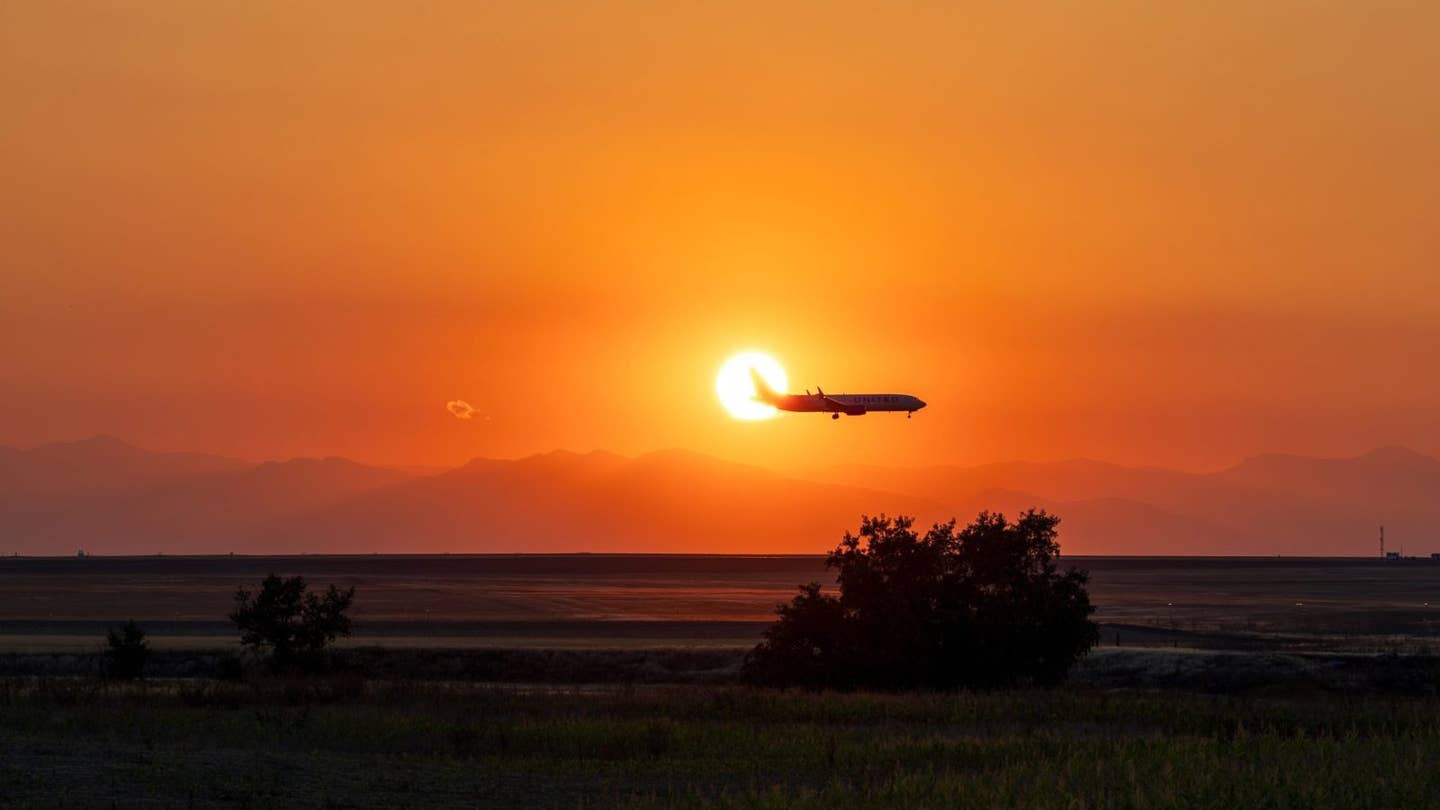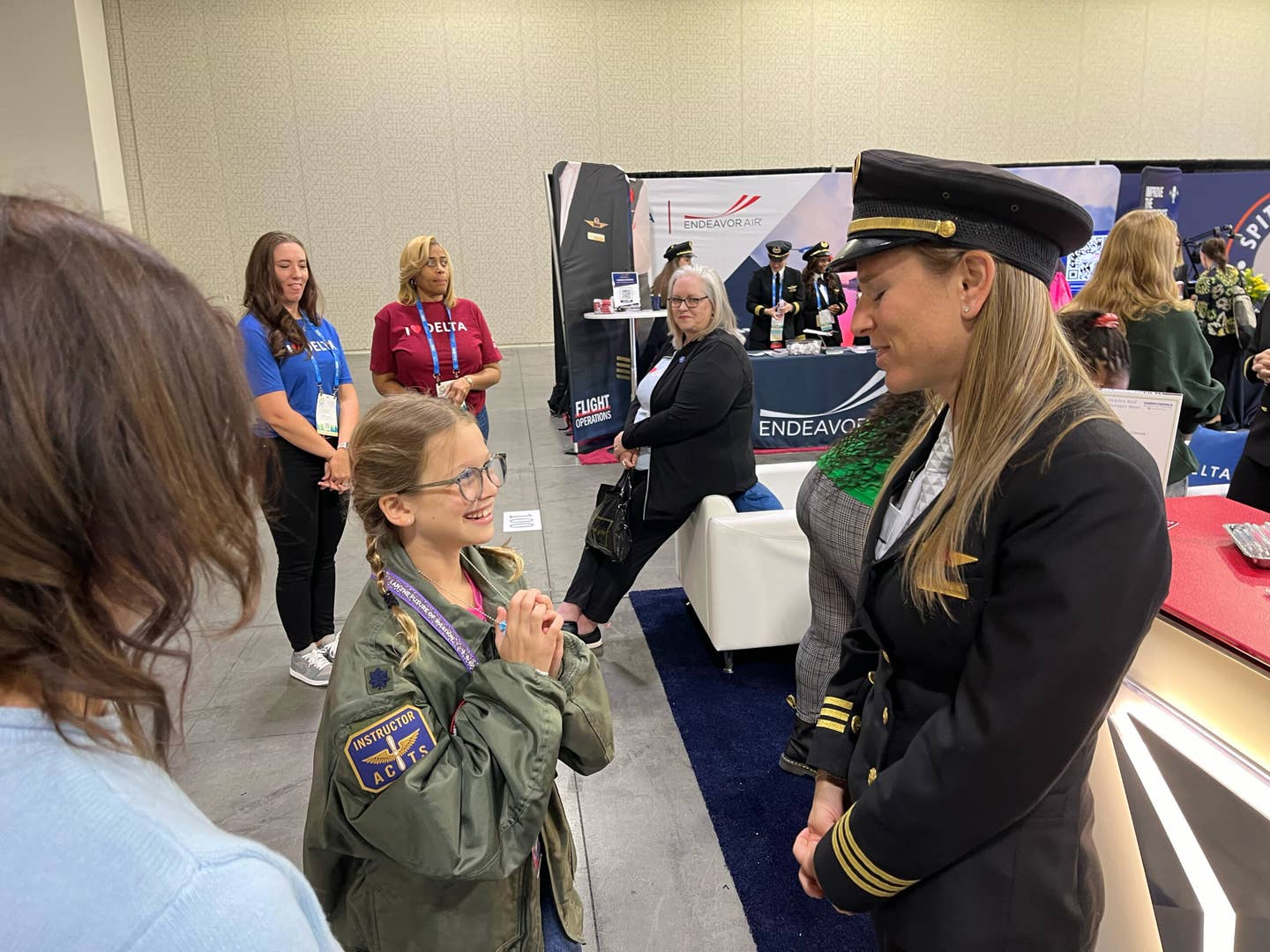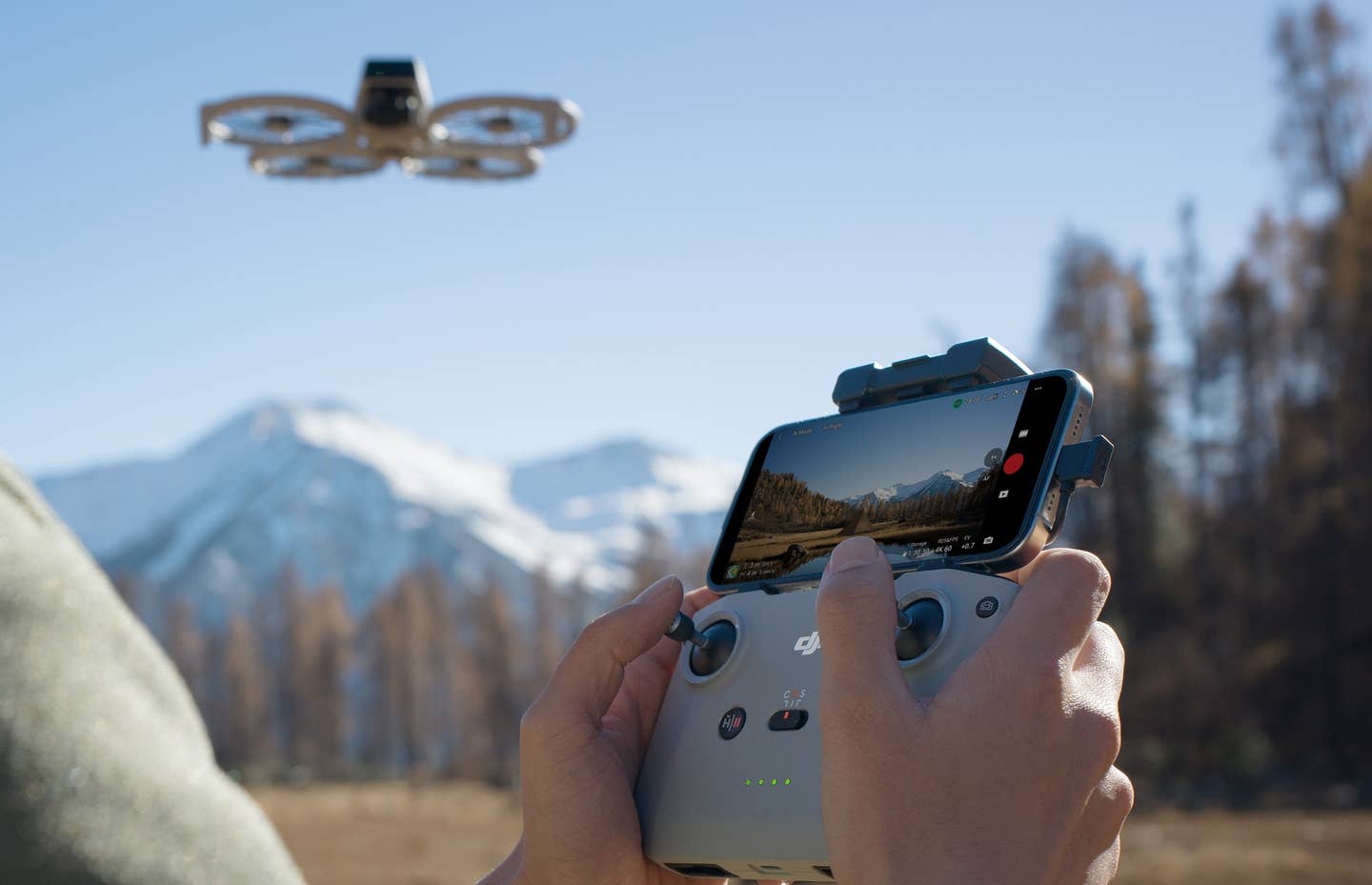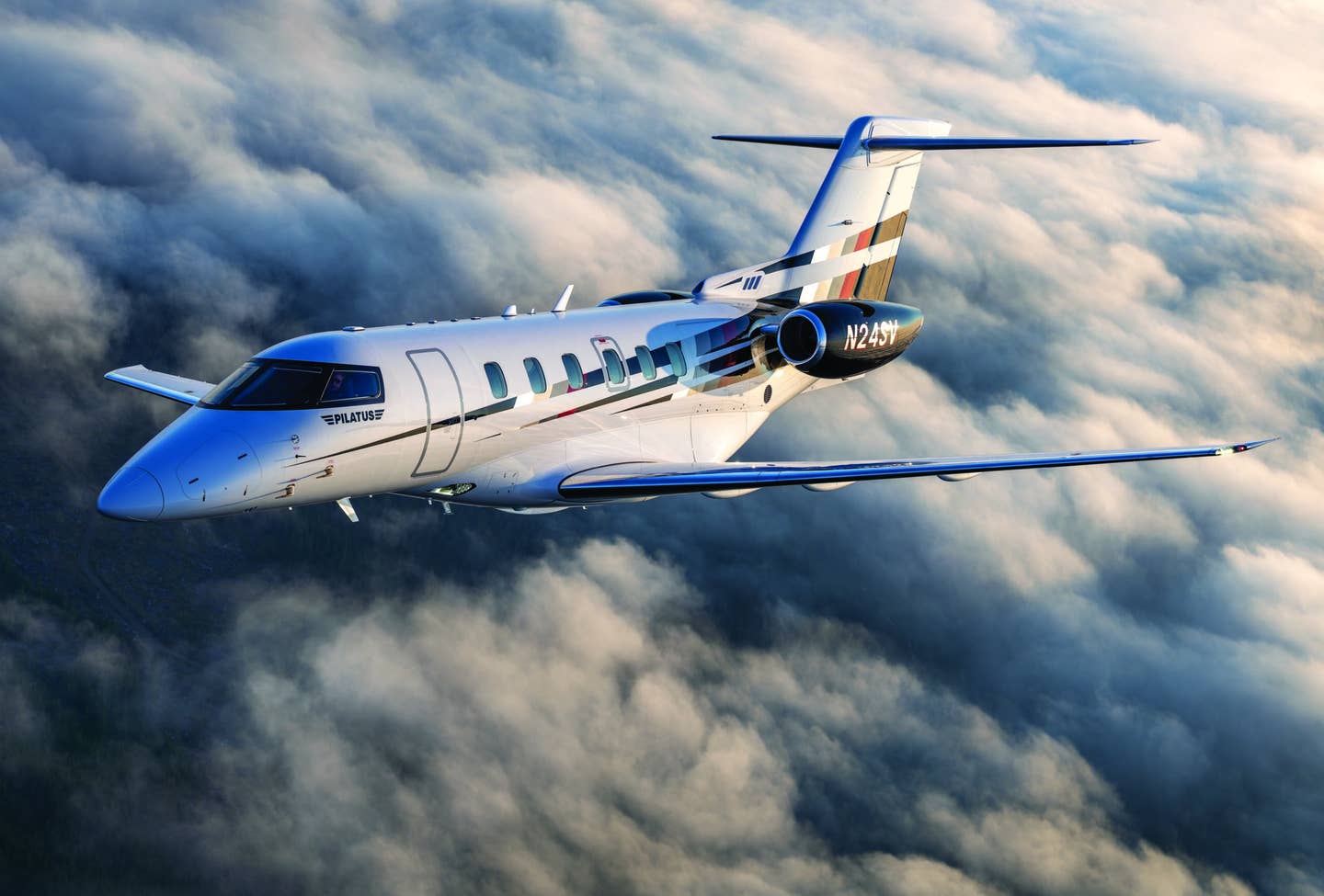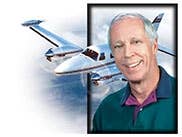
The price of gas, the price of gas. The shaky stock market and the hammered housing industry. These are the circling vultures of today. Suddenly, after years and years of moving up, making more, having more, feeling wealthier, I'm sensing the roller coaster slipping out from under me. On the internet, my trolling activity for new airplanes has switched from light jets to piston twins. Jet-A has just gotten out of hand.
I'm not sure I ever noticed previous "recessions." Most were minor and occurred while I was otherwise occupied. If they had any direct effect on me or my purchasing power, I was too excited by other developments in my life to take much notice. I'm noticing now.
Recently invited to the medical school at Dartmouth in Hanover, New Hampshire, I looked at flying our Cheyenne from Tampa to Lebanon versus taking Southwest to Manchester and renting a car. Fuel alone for our airplane was calculated by flight planning on duats and fuel prices on airnav.com. The trip up could be made nonstop; the return required a stop, for which I chose the cheapest fuel I could find (self-fueling) at an airport with sufficient runway length. Filling up at Lebanon was expensive, but a stop on the way up made no sense. By the time we descended, re-fueled at a cheap place and climbed back up, the fuel costs were within a few dollars of each other. Besides, the whole idea is to fly nonstop from Florida to New Hampshire, isn't it?
The trip up would take just under 4.4 hours, the return about an hour longer. The trip on the airline/rental car plan was seven hours up, six back. The price difference? For fuel alone, the Cheyenne was $3,185. The airline was $370 round trip; the rental car was $100. Forget about the airplane's fixed costs, engine reserves, etc.
It is finally sinking in. At 5 a.m. I am rousted out of bed so as to make the 6:30 flight to Manchester via Baltimore. My wife and I just barely make it; security is slow and it is "spring break." The airline is packed. I note to a TSA person that the line is especially long and ask if the increased traffic volume was anticipated. "It was," she said, "but you can't control call ins." I guess the TSA people were on spring break, too. Cathy and I split up, each claiming a middle seat.
At Baltimore we find two seats together for the 58 minute ride to Manchester, then chat with the predictably friendly Southwest crew. The captain and the FO have been talking about fuel prices, too, she tells me. They worry that today's airlines and today's fares are not in line with costs. The model does not seem sustainable with oil prices significantly over $100 a barrel.
In the course of less than one year, I've gone from daydreaming about light jets, TBMs and that Epic homebuilt to thinking about P Barons and Cessna 421s or even back to whence I came: the Cessna 340. Now, I recognize that this type of readjustment is a privilege. Many pilots are thinking of getting out of airplane ownership altogether, or their choices are far less grand than those I'm facing. There are, I suppose, others who are downgrading their jets, too. Point is, of course, that the price of fuel has had an effect on all of us. Even my wife has recently bought a Prius. She's getting 47-52 miles per gallon and I have stopped routinely filling her tank each Sunday. There is no reason to.
Our rolling stock gets 50 miles per gallon for her car, 22.6 for my car and 3 for the Cheyenne. The fuel price for the New Hampshire trip has gone up by $1,600 dollars over the past two years. Since my salary hasn't doubled to keep pace, I'm in the same position as the airlines: an unsustainable financial model. Sooner or later something has got to give.
What to do? My wife brings up co-ownership frequently. This makes good business sense. We fly less than 200 hours per year, leaving plenty of time for a partner to fly our airplane. It would cut the maintenance, insurance and hangar fees in half. How can I explain that the airplane wouldn't be "mine" in a way that doesn't make me sound like a covetous, controlling jerk? But it wouldn't be mine, it would be ours. All decisions would have to be shared. And if I wanted to go to the airport to wash or polish the airplane, it might not be there. "He" would be somewhere with it.
I joked recently with Bill Turley, our maintenance guru, that flying to Bartow (39 nm) will be a big trip for me soon. Forget New Hampshire, the West Coast and even New Orleans (where I remember jet-A at $1.85 a gallon), just a local flight will be all I get. If I'm just flying around Florida, a turboprop is way too much airplane. I told him my wife has said we can go to the airplane in the evening after work and have a martini, just sitting in it. I told him that the suggestion, though a generous one, somehow makes me wistful, maybe even just a little testy, because it reminds me that I am not flying. What am I supposed to do? Sit there and make airplane noises?
No, I want an airplane I can afford to use as opposed to a grand airplane I cannot afford to fly. So the prospect of downgrading looms. It is hard to describe the assurance conveyed by turbine engines. They never flicker, cough or hiccup. The needles on the torque, interturbine temperature, prop rpm, fuel flow, oil pressure and oil temperature gauges never budge, as if they have been painted in place by a dreamy graphic designer. In over 1,200 hours of turboprop operation, not once has an engine concerned me. Could I live without these comforts?
Yes, I could. I could adapt, I think, to anything that flies. I intend, as my life winds down, to keep flying to the last possible moment, until my money, my eyes or my heart wear out. They are all airplanes and every airplane, even the ugliest, slowest, most ponderous of them is magnificent in its own right. Sure, some are awkward and unpleasant to fly, but they are much more enjoyable than not flying at all. A 40-year-old 172 is a beauty.
As I was musing about all this, a nice young man, a former professional football player turned airplane broker named Mike Shafer, of Mercury Aircraft Sales in Sarasota, contacted me about selling the Cheyenne. "Well," I said, "you never know. I wouldn't rule it out. Maybe a good offer would help clarify my thinking."
Then, suddenly, it happened. He produced a buyer, one who flew his pilot down from Wisconsin to look at our airplane. I knew the airplane was in sore need of a bath, but I procrastinated washing it. Subconsciously, I didn't want to sell. The broker called, the prospective owner was flying down on the word of his pilot. It appeared that a moment of decision was at hand. I didn't say much about any of this to my wife. I was kind of hoping it would just all go away.
The buyer was willing to pay almost retail bluebook value for our airplane. Sell out of fear? Sell out of prudence? Another offer this close to book retail may never come my way again. But if we sold, then what? Make these changes now, just as people are saying that the recession may not be that bad after all? I studied an article in The New York Times Home Section about "seller's remorse;" detailing the misery of people who had sold their dream homes for practical reasons only to buy them back at higher prices because the emotional price of separation was so high.
The decision came as quickly as the offer. We didn't counter. I told the broker we were going to keep what we've got. He was understandably upset. I'm sure the buyer was, too. I had used them both to get my own head straight. There's not much I can do about it. I'll use Mike Shafer when and if I decide to change airplanes. He was attentive, pleasant, honest and professional. I'll offer to call the buyer and explain.
We've got only a year to go before the engines are due. That will be about $300,000. I don't have that kind of cash hanging around, especially at these fuel prices. I'd love to put the big PT-6-135A engines on then, but that would push $700,000 and Blackhawk doesn't seem very interested in the Cheyenne market, as they are busy upgrading so many King Airs. I may regret this decision.
The Wall Street Journal recently reported the wonders of the turboprop: all that cabin, pretty good speeds and much cheaper to operate than jets these days, even for successful captains of industry. So we'll endeavor to keep ours. Like the old stories of crews on DC-6s throwing all expendable equipment and weight overboard as the stricken airplane sank towards the ocean after an engine failure, I intend to jettison almost every other part of my life in order to keep a 28-year-old noble turboprop.
I'm practicing by spending less gratuitous money, buying fewer things that matter little to me but have crept into my spending over time as I have enjoyed enormous compensation for whatever small talent I possess. I will pass up the magnificence of traveling 1,100 nautical miles between Tampa and New Hampshire in order to fly shorter trips frequently. I will definitely strategize my fueling spots. I recognize that this plan is discordant with the "I'd rather have an airplane I can afford" sentiment I have just expressed above.
Several years ago I wrote about a fit of irrational exuberance when I put $10,000 down on a Mustang Jet, only to discover that I didn't have the other $2.3M to go with it. Just last August, in a piece entitled "Is It Time to Level Off?" I wrote about the abandonment of hope for a jet, and the peace that came with accepting a great turboprop as the top of my flying arc. Now, we're talking about hanging on. I may regret the decision not to sell, but so far, it feels just right.

Sign-up for newsletters & special offers!
Get the latest FLYING stories & special offers delivered directly to your inbox

